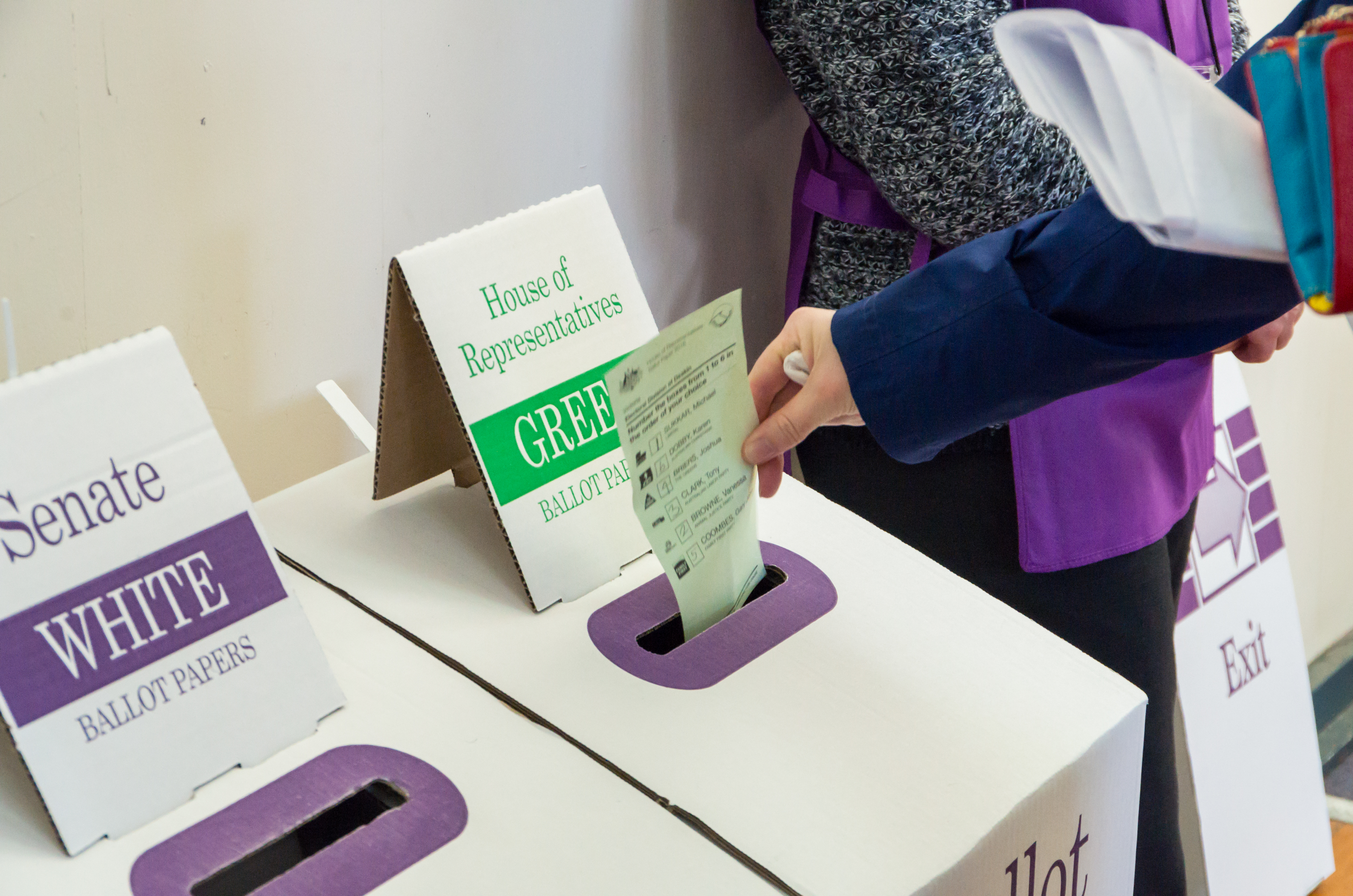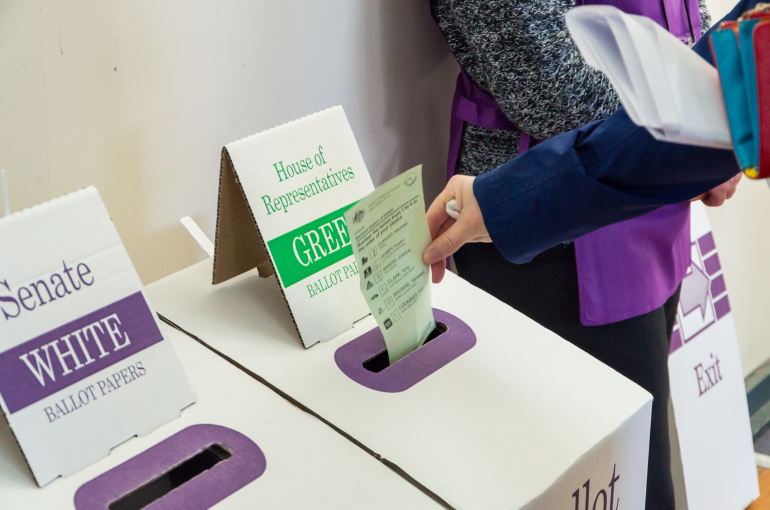
Two unpopular major party leaders means independents are likely to fare unusually well at this election. And that may turn out to be a critical salve to our democracy at an important historical juncture.
The teal "Voices for" independents are shaping up to be an important force. They are inspired by the "Voices for Indi" group that unseated the Liberal ideological warrior Sophie Mirabella for taking the electorate for granted and not representing the local people.
Since then they have sprung up in about 20 electorates across the country, with their emphasis on trying to revive grass root democracy.
While a lot of the media coverage has focused on the threat they pose in inner city blue ribbon liberal seats, the big story is actually in rural and regional Australia, where rural communities are seeking to force our politicians to re-engage with their communities.
It's a development that couldn't come at a more critical time.
Historically, the strength of democracy has been it enables those that seek power to compete for it on the basis of their ability to deliver good government. It doesn't matter if the leaders' own motives are selfish narcissism, if the criteria for success is solving the problems the community faces.
However in the last 15 years we have seen this link between the struggle for power and the need to deliver good government being severed. Our politicians, particularly at the federal level, no longer believe they need to deliver good policy for the majority of people, to secure power.
One only needs to look to the litany of recent examples of big policy announcements that weren't implemented, or were disastrous in their implementation, as evidence. Actually fixing problems has slipped down the priority list.
Researchers have documented how the political class have fine-tuned gaming the intricacies of the political system so that good government is an optional extra. Politicians are now seeing the pathway to power in terms of branch stacking for preselection, securing large donations to fund campaigning, and finding the right media messaging to target at the tiny proportion of swinging voters in the small number of swinging seats to win the election.
The parties' research tells them most voters will not shift their vote from right to left or vice versa. People's basic philosophical orientation remains the same. People might vote for minority parties, but it doesn't matter because people's voting preferences will eventually flow back to the same major party.
To make matters worse, the parties' research tells them that the genuine swinging voters are the ones that couldn't tell you what the difference is between right and left. They are the least engaged, least informed and least community minded people in the electorate. Political campaigns are targeted at those most vulnerable and ill equipped to be deciding government.
The consequences of our political elites considering they are above any accountability are painfully on display in the Make it a Big Deal documentary created by The Chaser's Craig Reucassel and currently on ABCiview. The campaign funders are calling the shots, not the communities that are impacted by the policies.
Community groups campaigning for reform on areas ranging from health, to gambling, water, the environment and guns, are all sounding the alarm.
My own research has seen everyone from victims of the banks' misconduct, to small businesses fighting off major corporates' abuse of power and unfair contracts, all turning to government to protect them, only to find government backing in the big end of town.
The great hope that emerged from my research was just how important independents and crossbenchers were. It didn't matter whether they were left or right wing. On so many issues, right and wrong was not ideological, it was a human question. Having people in the Parliament that are not locked in by the major party machines was critical.
Restoring the parties' belief that they have to win over informed voters that are paying attention would be even better.
The big question of this election will be whether or not enough informed voters break away and vote for the centrist independents, and whether or not they become a big enough force to save our flailing democracy.
Dr Lindy Edwards is a political researcher from the University of NSW. She appears in the Make it a Big Deal documentary screening on ABC.
This article was originally published by The Canberra Times. Read the original article.

